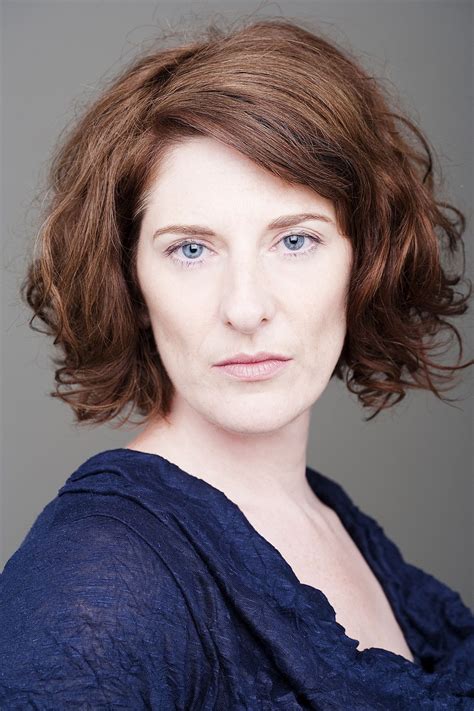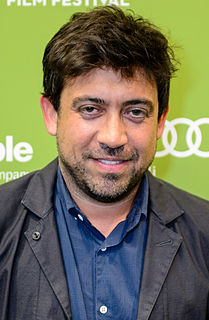A Quote by Stef Penney
Initially I only decided to try and write a novel because I wasn't getting enough screenwriting work. It wasn't a long-held ambition, and certainly the idea came first.
Related Quotes
I've quit writing screenplay [adaptations]. It's too much work. I don't look at writing a novel as work, because I only have to please myself. I have a good time sitting here by myself, thinking up situations and characters, getting them to talk - it's so satisfying. But screenwriting's different. You might think you're writing for yourself, but there are too many other people to please.
I would like to write a novel, or at least try to write one, although my motives are not entirely pure. For one thing, I get asked about writing novels so much that I feel guilty about never having written one. And although I have no strong desire to write a novel, I would hate not to try. That would just be silly. On the other hand, I hate the idea of slogging through something that turns out to be not good.
I write because I have an innate need to. I write because I can't do normal work. I write because I want to read books like the ones I write. I write because I am angry at everyone. I write because I love sitting in a room all day writing. I write because I can partake of real life only by changing it.







































